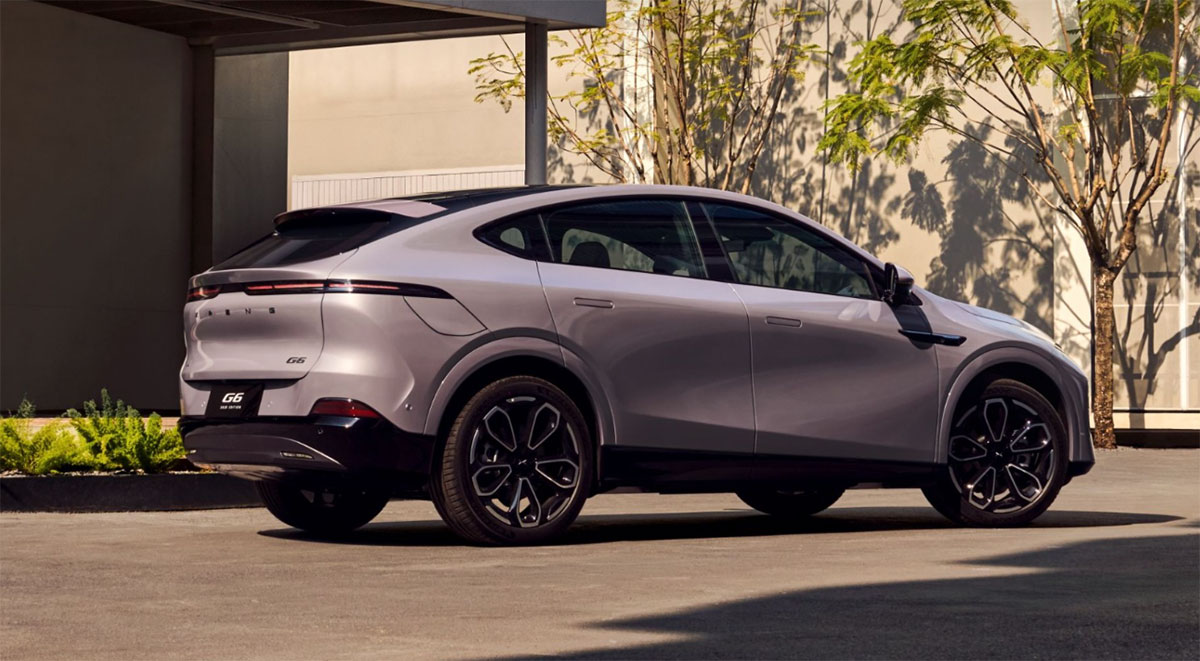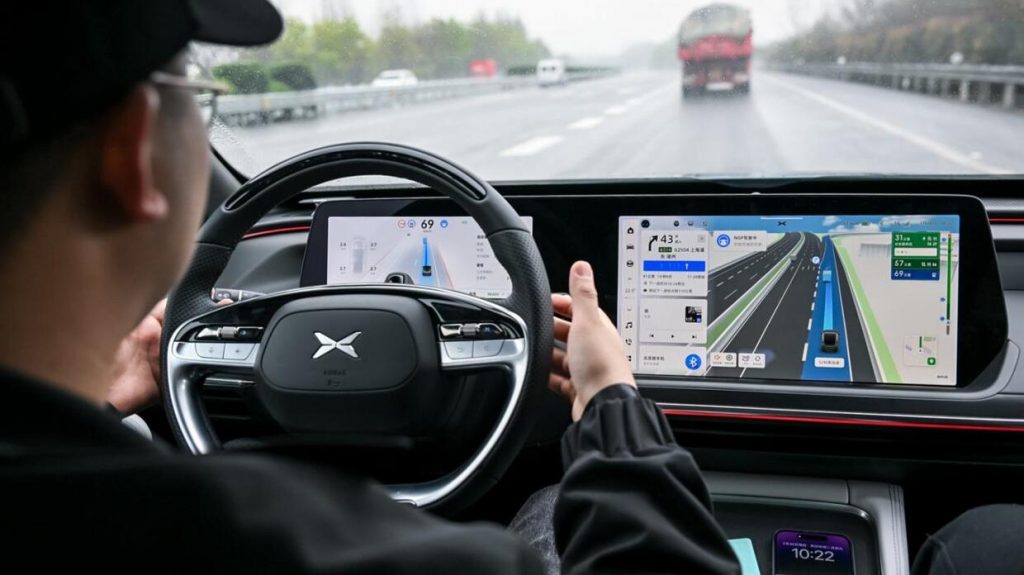Chinese electric vehicle maker Xpeng is preparing to begin mass production of its in-house autonomous driving chip, known as Turing, in the second quarter, according to a report by local media outlet 36kr. The chip will debut in one of Xpeng’s upcoming EV models as part of the company’s broader effort to gain control over its core autonomous driving technology.
The Turing chip integrates two proprietary neural network processing units tailored specifically for high-performance inference tasks. It is designed to offer 20% higher utilization efficiency compared to general-purpose automotive chips and is capable of supporting large-scale models with up to 30 billion parameters—significantly more than the current generation of chips used by competitors, the report said.
See also: Xpeng Plans at Least Five Extended-Range EV Models as Hybrid Market Expands

Xpeng first revealed the Turing chip during the launch of its Mona M03 model in August 2024, following a successful tape-out process. This milestone marks the final design stage before a chip enters fabrication and subsequent testing for mass deployment. The Turing chip is intended for use not only in EVs but also in Xpeng’s robotics and flying car platforms, forming the core of its future smart mobility ecosystem.
With a computing capacity of around 700 TOPS, the Turing chip rivals Nvidia’s latest Drive Thor system-on-chip, which was originally announced with a target of 2,000 TOPS. However, Nvidia’s Thor platform has encountered production delays and is currently available only in a scaled-down version with approximately 750 TOPS, according to the same report. These delays have impacted several automakers, including Xpeng, that previously committed to using Nvidia’s chips.

Xpeng joins other Chinese automakers pursuing in-house chip strategies to accelerate product development and reduce reliance on external suppliers. Nio has already begun deliveries of its ET9 sedan equipped with the company’s Shenji NX9031 chip, while Li Auto’s own autonomous driving chip is reportedly close to tape-out. Industry analysts note that such moves may enable these companies to bring advanced models to market faster and with greater customization of AI functions.
